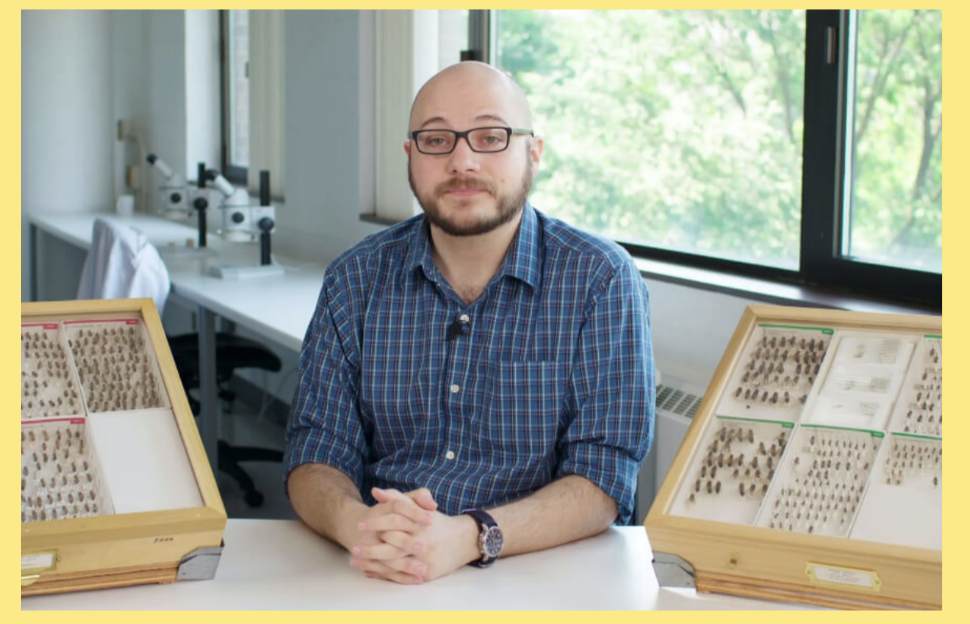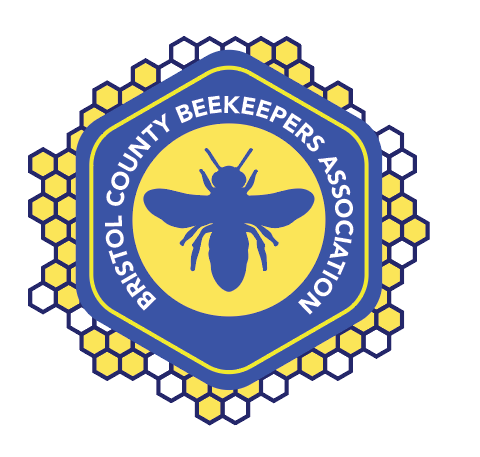This month's meeting will take place 7-9 pm on Tuesday, January 23.
Bristol Agricultural High School, 135 Center St, Dighton, Building 14
View Campus Map
Topic: Your Bees in Winter and Getting Ready for Spring
What are your honey bees up to in January, and what should you be doing to help your bees this time of year?
How should you prepare for spring beekeeping, whether you're a new beekeeper who is just getting ready to purchase bees, or an experienced beekeeper who is excited to see what your bees do next year?
We'll explore all this and more in a presentation about winter beekeeping tasks. Learn what a "winter inspection" is and why it's very different from a summer inspection, but still very important.
Speaker: David T. Peck, Ph.D.
 Dr. Peck is the Director of Research and Education at Betterbee in Greenwich, NY, where he assists in product development and research, and also teaches classes and develops scientifically-sound educational materials.
Dr. Peck is the Director of Research and Education at Betterbee in Greenwich, NY, where he assists in product development and research, and also teaches classes and develops scientifically-sound educational materials.
His doctoral work in Cornell University's Department of Neurobiology and Behavior was supervised by Professor Tom Seeley.
His dissertation research focused on the transmission of mites between bee colonies, as well as the mite-resistance traits of the untreated honey bees living in Cornell's Arnot Forest.
After earning his degree, he has continued to research varroa/bee interactions, including fieldwork in Newfoundland, Canada (where varroa still have not arrived) and Anosy Madagascar (where varroa arrived only in 2010 or 2011). He has served as a teaching postdoctoral fellow in Cornell's Department of Entomology, and is still affiliated with Cornell through the Honey Bee Health program in the College of Veterinary Medicine.
Dr. Peck has kept bees for more than a decade, though his home apiary is often full of mite-riddled research colonies so he doesn't usually produce much honey.
 Bristol County Beekeepers Association
Bristol County Beekeepers Association